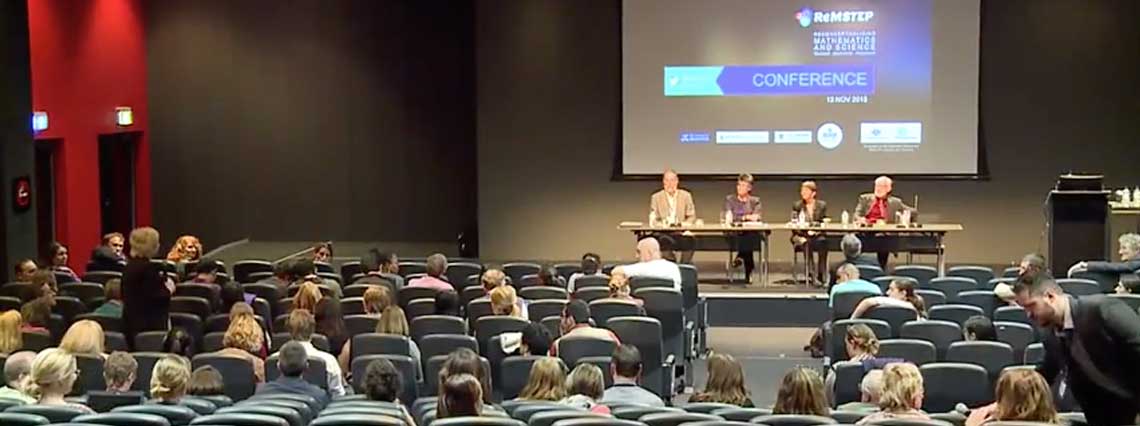
Conference 2016
Crown Conference Centre, Melbourne - 7 November
On this page
The 2016 ReMSTEP conference is all over
A big thanks from all the project partners to everyone who attended.
Videos and slides from both our 2015 and and 2016 confernces can be found in the
Conference archiveLinking teachers and students with scientists and mathematicians
The second ReMSTEP conference will be taking place at
the Crown Conference Centre, Melbourne on
Monday the 7th of November, 2016.
Save the date and return here for more details.
Register nowOverview
The key innovation underpinning ReMSTEP is the exploration of ways of linking pre-service teachers to practising scientists and mathematicians, in order to represent the creativity and drive of scientific and mathematical thinking for these future teachers.
This agenda is part of a wider movement in Australia and internationally to bring school STEM practices closer to the way STEM is practised professionally.
A large part of this agenda is to make STEM subjects more relevant and engaging, and to better promote the thinking needed for effective participation in 21st century Australia.
The experience of ReMSTEP is thus very relevant for pioneering innovative teaching practices that engage school students in quality science and mathematics learning.
Come and learn about the impacts, outcomes and findings of the ReMSTEP project at our final conference.
Program

Keynote

Presentations

Workshops
| 8.30am - 9.00am | Registration |
|---|---|
| 9.00am - 9.10am | Welcome from Dr. David Hoxley |
| 9.10am - 9.30am | Introduction to ReMSTEP from Prof Russell Tytler |
| 9.30am - 10.00am |
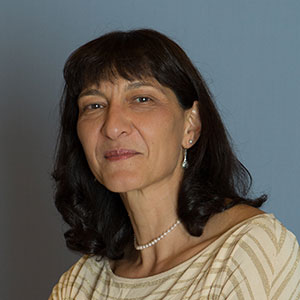
Prof Maria ForsythKeynoteProfessor Maria ForsythProfessor Maria Forsyth is an Australian Academy of Science fellow, Australian Laureate Fellow, an Alfred Deakin Professorial Fellow at Deakin University in Australia as well as the Associate Director of the ARC Centre of Excellence for Electromaterials Science (ACES), Deputy Director of Institute for Frontier Materials (IFM) at Deakin University where she leads the research effort in metal-air batteries and the development and understanding of new electrolyte systems. Professor Maria Forsyth is an Australian Academy of Science fellow, Australian Laureate Fellow, an Alfred Deakin Professorial Fellow at Deakin University in Australia as well as the Associate Director of the ARC Centre of Excellence for Electromaterials Science (ACES), Deputy Director of Institute for Frontier Materials (IFM) at Deakin University where she leads the research effort in metal-air batteries and the development and understanding of new electrolyte systems. Her research area informs the broad field of electromaterials science with application to both corrosion and energy related technologies. One key interest of her research is in the area of selective transport in materials for energy storage applications. Specifically, her work has focused on understanding the phenomenon of charge transport at metal/electrolyte interfaces and within novel electrolyte materials. Such materials have included a range of novel ionic liquids, polymer electrolytes and plastic crystals. She leads collaborative projects in lithium and sodium battery technologies funded through recent Australian Research Council grants. Professor Forsyth is a co-author of over 400 journal publications. She has delivered more than 20 invited and plenary talks in the past 5 years and currently has more than 14000 citations with an h index of 62 (Web of Science August 2015). Professor Forsyth and her group have had significant and ongoing interaction with industry, both domestic and international, for over 20 years. This is based on their strong reputation for providing a technical and expertise resource in the fields of materials engineering, especially as related to electrochemical properties of materials relevant to corrosion and battery technologies. In the area of corrosion Professor Forsyth¹s work in corrosion monitoring and mitigation has had impact in a number of fields from aerospace structures, to water treatment, water pipelines, desalination, oil and gas pipes and other civil and marine infrastructure. Professor Forsyth and her group have also made significant contributions to technological advances in the energy sector and have been involved with projects relating to the development of lithium ion and lithium metal secondary batteries with Pacific Lithium Ltd, Evonik GmbH and CSIRO, Cytec, Toyota and LG |
| 10.10am - 11.05am |
Innovation 3: Science specialisations within primary pre-service programsPart 1The importance of effective learning in science and mathematics by primary school students is widely acknowledged. How can pre-service teachers best be prepared to enable this and improve their impact on science and mathematics education in primary school teaching environments? This session explores the opportunities and challenges of several approaches to science specialisations within primary pre-service programs in various regional and metropolitan settings. Our improved understandings of effective practices through the ReMSTEP opportunity is summarised, and illuminated with case studies illustrating different approaches. These include our preparation of STEM education specialists who may better enable the integration of STEM education within the current curriculum expectations; and leveraging the support of partnerships with diverse external facilities. Innovation 5: Opportunities for students to interact with scientists in world class research environments.Part 1Increasing incidence of interactions between the scientific community and schools has flowed from a concern to increase students’ engagement with STEM. Students interacting with scientists and mathematicians can inspire and enrich their experience and their knowledge of creative practices in the STEM fields. This session will describe a range of models linking pre-service teachers (PSTs) with scientists engaged in cutting edge research, as a way of introducing them to contemporary science concepts and practices, and scientists’ lives, and to explore ways of incorporating these innovations into school science. Findings will be presented of the resources developed, outcomes for PSTs and scientists, and challenges for creating productive interactions. Discussion in the session will centre on the implications of these experiences and findings for schools. Innovation 1: Contemporary science and maths in integrated science and pre-service units of studyPart 1This innovation is about integrating the specialist knowledge of practicing scientists, researchers and STEM specialists into the school curriculum and teacher classroom practice with the aim to create greater engagement and subject relevance for students. A range of approaches will be described that provide pre-service teachers (PSTs) greater competence and confidence in their teaching of science and mathematics. In particular, two case studies will be presented that will demonstrate PSTs interacting and learning about contemporary science and maths practices. |
| 11.05am - 11.25am | Morning tea |
| 11.25am - 12.20pm |
Innovation 3: Science specialisations within primary pre-service programsPart 2Following an overview of Innovation 3 and presentation of further case studies, participants in this session will be invited to engage the presenters in a guided discussion. The aim will be to critically examine the findings and lessons learnt from the innovation. In this way, practical aspects of implementing these programs can be examined from the perspective of key stakeholders in the primary pre-service teacher (PST) training process. Innovation 5: Opportunities for students to interact with scientists in world class research environmentsPart 2Following an overview of Innovation 5, participants in this session will engage in a science drama activity that exemplifies this innovation. One of the challenges of teaching science is how to represent contemporary advances and controversial issues in the curriculum. Stem cells are now key knowledge under cell growth and cell differentiation in the Biology Unit 2 Study Design. This presentation will introduce and illustrate a range of activities and resources around the teaching of stem cells that were developed by pre-service teachers (PSTs) and teacher educators with the cooperation of a scientist working in the area. These activities draw on contemporary pedagogies such as the use of drama designed to engage students in dealing with scientific practices and ideas as well as stem cell related controversy. Innovation 1: Contemporary science and maths in integrated science and pre-service units of studyPart 2Following an overview of Innovation 1, participants in this session will have the opportunity to watch short segments of video about a contemporary mathematical theory and discuss aspects of the mathematics and educational applications in secondary school mathematics. Preliminary findings on how these videos from both pre-service and in-service secondary maths teachers will be discussed. |
| 12.20pm - 1.20pm | Lunch |
| 1.20pm - 2.20pm |
Innovation 2: Undergraduate science students engaging with schoolsThis innovation is about building a pipeline of prospective science and mathematics teachers. Several approaches were taken to give science undergraduate and postgraduate students a taste for teaching, and to gain an insight into a career in teaching. Two case studies will be presented where undergraduate science and mathematics students were involved in the delivery of outreach activities in primary and secondary schools. These opportunities gave students a taste of teaching and skills in communicating about STEM. The impact of these programs on various stakeholders – science students, school teachers and students - will be presented. Innovation 4: Specialist Science and Technology Centre collaborationsSpecialist Science Centres are an important feature of the Victorian science and mathematics education scene. This session describes initiatives under REMSTEP Innovation 4 in which pre-service teachers (PSTs) from the REMSTEP universities have worked with Specialist Science Centres and scientists to explore contemporary science perspectives. As an exemplar, ‘Reconceptualising Rocks’ involved PSTs working with Melbourne Museum scientists and teacher educators to explore the science of geology and the role of the museum in conservation and communication. The session will present two different models whereby PSTs developed multimedia resources for schools through their interactions with the museum. |
| 2.20pm - 2.40pm | Afternoon tea |
| 2.40pm - 3.20pm | Future Vision - feedback from the conference hosted by Stuart Palmer |
| 3.20pm - 3.40pm | Closing the conference with reaction from Prof Jan Van Driel Learn more about JanJan van Driel is a professor of science education at Melbourne Graduate School of Education, University of Melbourne, Australia. He did a PhD (1990) on teaching and learning of chemical equilibrium. In the last 15 years, his research focused on the knowledge base of science teachers. Among others, he conducted a series of studies on the practical knowledge of science teachers about the teaching and learning of models and modeling in science education. In several studies, the focus was on the emerging pedagogical content knowledge of pre-service science teachers about models and modeling. Other studies focused on the knowledge and beliefs of experienced science teachers and were carried out in the context of curriculum innovation in Dutch secondary education, and in the context of university teaching of science. He published extensively about these studies together with international colleagues and PhD students. Recently, Jan co-wrote a chapter ‘Research on Science Teacher Knowledge’ in the Handbook of Research in Science Education (2nd ed., Routledge, 2014). Currently, he is co-editor-in-Chief of the International Journal of Science Education. Some recent publications:
|
| 3.40pm - 4.10pm | Farewell and close from Prof Stephen Dinham |
Speakers and Facilitators
Some of the speakers and facilitators
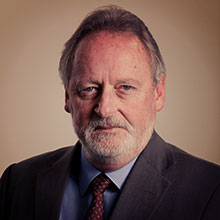
Prof Stephen Dinham
University of Melbourne
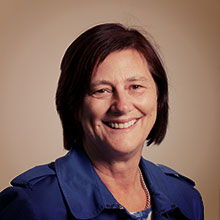
Prof Deborah Corrigan
Monash University
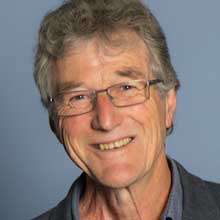
Prof Russell Tytler
Deakin University
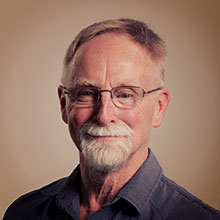
Prof Vaughan Prain
La Trobe University
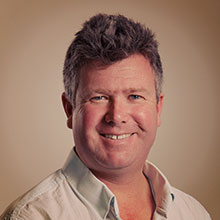
Dr David Hoxley
La Trobe University
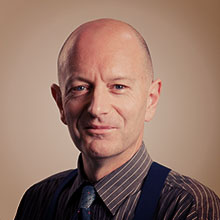
Assoc Prof Stuart Palmer
Deakin University
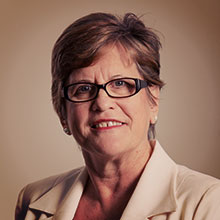
Prof Cristina Varsavsky
Monash University
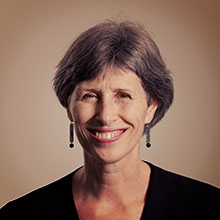
Assoc Prof Michele Livett
University of Melbourne
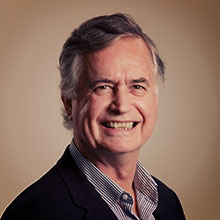
Prof David Clarke
University of Melbourne
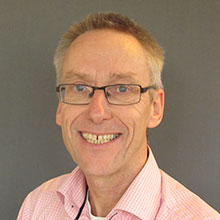
Prof Jan Van Driel
University of Melbourne
Who should attend?
- School leaders School Principals and Department Heads
- Teacher-educators University and other teacher educators including in-service teacher mentors
- Pre-service teachers Currently undertaking their training
- Scientists and Mathematicians Academics and practioners
- System leaders and policy makers
Why attend?
- Learn about the project impacts, outcomes and findings
- Improve maths and science teaching
- Network, share ideas and foster partnerships
Venue
Crown Conference Centre, Melbourne
Crown Entertainment Complex,
8 Whiteman St Southbank VIC 3006
Register now
Sales have ended
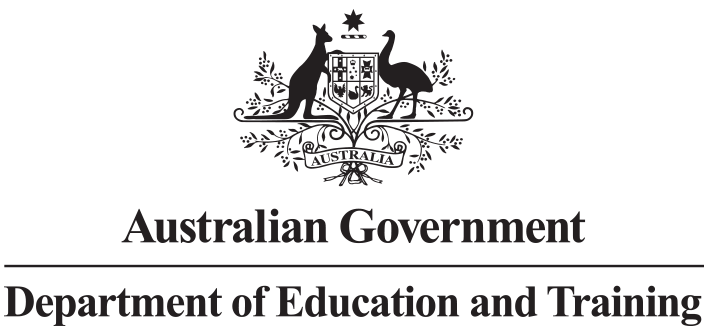
Supported by the Australian Government Department of Education and Training



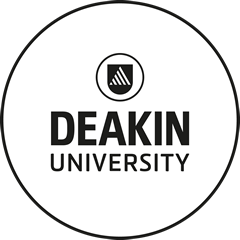
Sign up to our mailing list to stay informed
